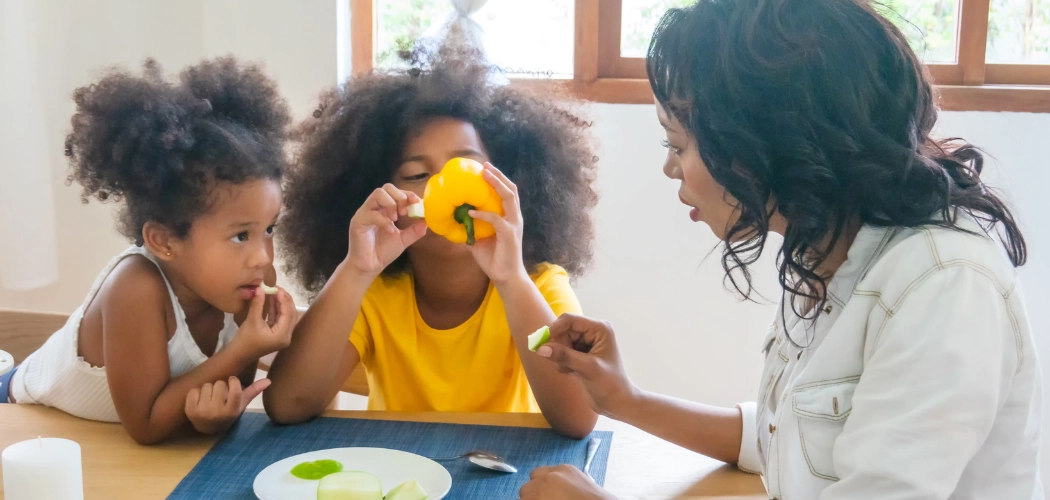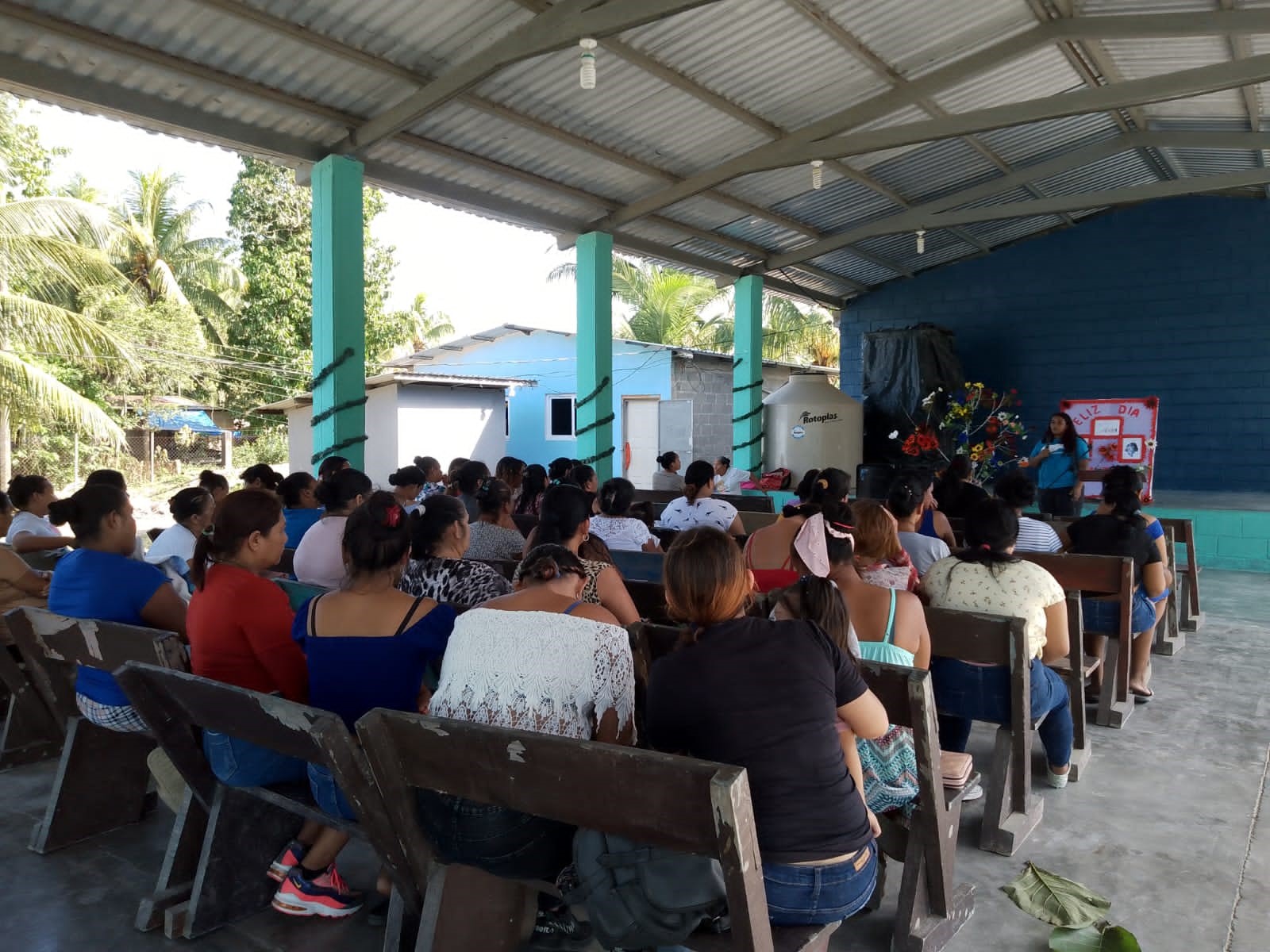We remember how hard it was when our boys were young, to carve out time for them as we juggled work, housework, working out, errands, quiet time, kids’ activities and the list goes on. We were doing a lot of things with and for our kids, but the truth is that’s not the same as giving them time.
It is important that kids know that they matter in your world, because you are their whole world. Devoting time toward meaningfully meeting their need to be loved, building up trust and being affirmed by you, strengthens the child and the parent-child relationship.
In an article by the Child Development Institute, the author points out the direct link between family time and a child’s well-being, behavior and mental health. It’s easy to see the negative impact the lack of family connection is having on our youth today as the statistics of childhood depression, at risk behavior, mental illness and suicide make the headlines. There are even more studies linking these issues to too much screen time, vaping, drug and alcohol use and bullying.
Rich and I were definitely not perfect in managing time with our boys, but we were characterized by making family connection a priority. It wasn’t always easy, but we intentionally used family vacations, local outings, weekly family fun nights and holidays to really reconnect us as a family through closeness and conversation. Yet, equally important as those times were, the little daily times we focused on really added up! Meal times are so important to your child’s neurological and behavioral development and how well adjusted they are in just about every aspect of their life. Although we didn’t have every meal together around the table, we tried to have as many as we could every week.
“You will never look back and think, I spent too much time with my kids.” – Kimberly McLeod
As parents, we most likely overlook these little times, either occasionally or routinely. Those little moments can significantly impact your child’s sense of well-being as well as their behavior. For instance, how many times do you see a family out somewhere and all of them are on their phones rather than talking with each other? Or how about when you’re in the car and your kids are in the back seat? This is a good time to chat about what they are seeing out the window, how much fun they had at Grandma’s or what happened at school.
Recently an elementary school in Six Mile, South Carolina shared a list of three types of interaction children need every day to feel connected to their parents. We think this list offers some great suggestions for moms and dads to make the most of those little times throughout the day:
- Children need a minimum of 8 touches during the day, and if they are going through a challenging time it’s a minimum of 12 touches a day. Those touches could be holding them, a hug, pat on the back, or even a fist-bump.
- Each day, children need one meaningful eye-to-eye conversation with a parent. Not one where the parent is correcting them, but one that fosters heart-to-heart connection. Babies especially need eye contact, but all children (no matter what age), need their parents to slow down and look them in the eyes.
- There are 9 minutes during the day that have the greatest impact on a child:
The first 3 minutes after they wake up.
The first 3 minutes after they come home from school (note for the working parent: the first three minutes you see them).
The last 3 minutes of the day before they go to bed.
Ask yourself, am I missing out on the little daily moments all the time and don’t even realize it? If so, it’s easy to start making the most of your time with your children. The smallest adjustment in your day to intentionally affirm your child will make a monumental difference for their emotional health, neurological development, behavior and your relationship that will last a lifetime.
Shelly and Rich Howard are long-time parenting leaders and co-founders of OneFamily. Over the last 15 years, they have helped thousands of families navigate their marriages and parent their kids from toddler through the teen years. Shelly was also a MOPS Mentor for 12 years at Cherry Hills Community Church.





